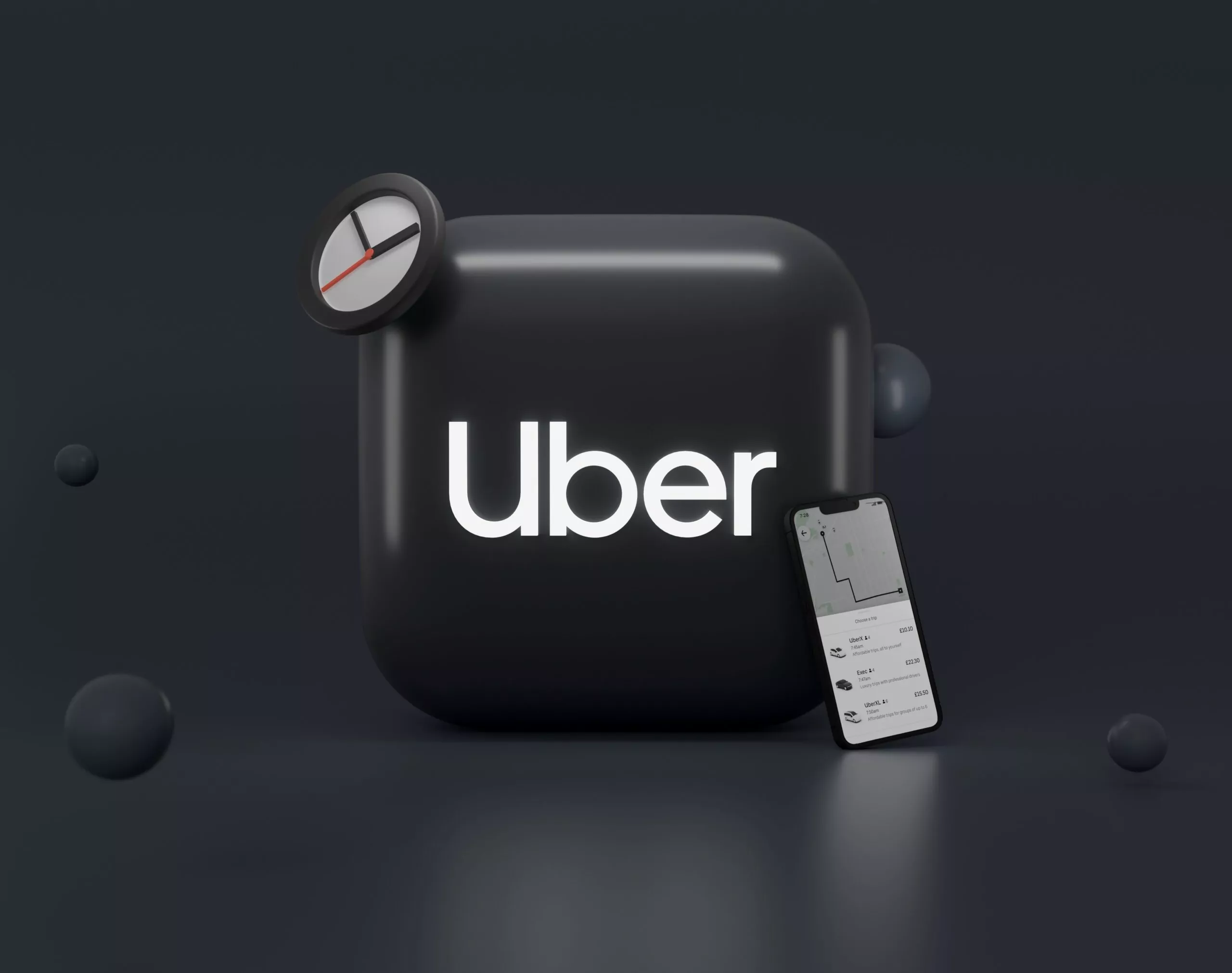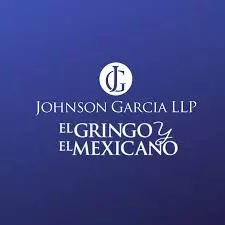Uber is a popular rideshare service in Texas. After all, it’s a convenient and cost-effective alternative to other forms of transportation. However, what happens if you’re injured while riding as a passenger in an Uber or are hurt in a crash with an Uber driver? Is Uber liable for car wrecks?
Table of Contents
ToggleA car accident case involving an Uber vehicle is not your average car accident claim. Car wrecks involving Uber vehicles prompt questions regarding liability for passengers, drivers, and insurance companies in Texas.
Uber riders and other road users in Texas should ask themselves a few important questions following a collision involving an Uber: Is Uber liable for accidents? When is the Uber driver responsible for damages? How is insurance coverage provided after the accident? The answers to these questions are crucial when determining who to hold accountable for your damages.
What Are the Different Types of Uber Accidents?
There are three main types of personal injury claims that involve Uber vehicles:
1. A car accident where you suffer injuries as a passenger in an Uber;
2. A car accident where you are an Uber driver who was hurt while driving, picking up, or dropping off passengers; and
3. A car accident where you are not in the Uber vehicle.
In each of the above scenarios, you can suffer catastrophic injuries despite sharing no blame for the accident. Following an Uber accident, you may face costly medical bills while dealing with injuries that prevent you from returning to work. In such a situation, recovering compensation for your injuries and other damages is essential.
So, the question remains: Who is liable in an Uber accident? Is the Uber driver responsible, or is Uber responsible?
Who’s at Fault for an Uber Accident in Texas: The Driver or the Company?
After being injured as an Uber driver, rider, or as a third party, who should be named responsible for your accident claim? The answer will depend on who was at fault for the accident.
When Is an Uber Driver Liable?
Uber drivers are classified as independent contractors, not employees. Most independent contractors in Texas are responsible for their own general liability insurance. So, ultimately, when an accident involves an Uber, the Uber driver is the one responsible. For this reason:
- You cannot hold Uber liable for an Uber driver’s negligent actions when the driver is not active on the Uber app — meaning the driver was not working.
- Uber will not cover the accident if an Uber driver gives a ride privately, gives another passenger a ride, or logs off during the process.
- If an Uber driver is logged into the app, but the car was parked while waiting for a ride, Uber will not cover the accident if the Uber driver’s auto insurance denies coverage.
Under Uber’s driver requirements, all drivers are required to have valid legal documents, including a valid driver’s license. Uber drivers in Texas must also follow Texas auto insurance laws. Texas law requires all drivers to carry the following minimum auto insurance:
- $30,000 of bodily injury per person hurt in an accident
- $60,000 of bodily injury per accident
- $25,000 of property damage per accident
When Is Uber Liable for Accidents?
What happens when you’re involved in an Uber accident, and the other driver’s or the Uber driver’s policy limits are not high enough to pay your damages? Is it possible to hold Uber liable? Besides, most personal auto insurance policies will not cover drivers when driving for Uber. So, what happens then?
Texas law requires Uber and other rideshare companies to provide additional insurance for their drivers. The additional insurance requirements become active as soon as an Uber driver turns on the app and is available to give rides.
The coverage provided by Uber varies depending on whether the driver had accepted a ride through the app or if they had passengers.
- If the Uber driver was waiting for a ride request while using the app but is not paired with a rider yet. In such a scenario, Uber may step in and provide Uber third-party liability coverage if the driver’s personal insurance fails to cover the amount of the claim — $50,000 in bodily injury per person, $100,000 in bodily injury per accident, and $25,000 in property damage per accident.
- If the Uber driver was picking up a passenger, giving them a ride, or dropping them off. Such a scenario triggers a $1 million insurance policy provided by Uber in Texas to cover injuries to both the passenger and the driver. Uber also offers $1 million in coverage for uninsured or underinsured motorist bodily injury.
How Long Do I Have to File an Uber Accident Claim in Texas?
Before you even start your Uber accident claim, it is crucial that you report the crash. This means two things:
1. Call the police. An official police accident report is vital when filing a claim. Never agree to keep the crash “between us.”
2. Report the accident to Uber. Drivers and riders both have the option to report a wreck within the Uber app. If you were not in the Uber vehicle, you could report the accident online by filling out Uber’s third-party incident form.
Note that insurance companies have their own time limits for filing a claim — usually 20 to 60 days — and may require you to report the accident within the specified deadline to have a valid claim.
If you plan to file a lawsuit in Texas after an Uber accident, you have two years from the accident date. Promptly filing a claim is a smart decision after an Uber accident. This is why it’s important to talk to an Uber accident lawyer in Texas as soon as possible to help you decide on the next steps.
Hiring a Texas Uber Accident Attorney To Help You
Would you like a team of Texas rideshare accident lawyers with over 35 years of experience in your corner? There are many intricacies involved in Uber accident cases, and the knowledgeable Uber accident attorneys at Johnson Garcia are ready to steer you through the process. When we represent you, whether it’s going against Uber’s insurance company or going to trial, our legal team can help. Contact the law office of Johnson Garcia today for a free case review, or call 832-844-6700 to speak to an attorney.


